• Past 20 Investigations Of The Industry Were Fruitless
• Alleged Secret Fuel Subsidy Regime Not Part Of Current Inquiry
Notwithstanding 20 fruitless investigations it conducted in the petroleum sector over alleged corruption to the tune of N464 trillion and $45 billion in the last 16 years, the 10th National Assembly has begun a fresh probe of the sector, ruling out the pursuit of pecuniary interests in the exercise.
Curiously, the allegation of payment of N9 trillion secret subsidy since 2023 despite President Bola Ahmed Tinubu’s declaration that “subsidy is gone” was conspicuously absent from the terms of reference given to the Senator Opeyemi Bamidele-led 15-man committee.
Since democracy was restored in the country on May 29, 1999, the National Assembly has carried out no fewer than 20 of such investigations. Prominent among such probes is the one carried out by the Ahmad Lawan-led 9th Senate in 2020 on the $396 million expended on Turn-Around Maintenance (TAM) of refineries in the country between 2013 and 2015.
In 2012, the House of Representatives conducted an investigation into alleged scam in the fuel subsidy regime and came up with a report, which alleged that about N1.7 trillion has been lost.
In 2014, the Senate, after an investigation, revealed that the Nigerian National Petroleum Corporation (NNPC) failed to remit N8.49 trillion to the Federation Account between 2009 and 2013.
The House of Representatives had also in another investigation in 2015 revealed that some N310 trillion might have been mismanaged in the Kerosene subsidy regime.
In the same year, the Senate investigated oil swap deals, also known as Offshore Processing Agreements (OPAs), involving the NNPC and several private companies.The deals involved the exchange of crude oil for refined petroleum products, valued at approximately $6.4 billion between 2010 and 2014.
Other past investigations by the National Assembly include the Senate’s probe of the alleged missing $20 billion oil revenue in 2014. The Senate in 2016 also probed contracts awarded by the Ministry of Petroleum Resources.
In 2017, the Senate also investigated allegations of a $25 billion contract scam in the industry; just as the House of Representatives in 2018 revealed that Nigeria lost N1.1 trillion in revenue due to non-implementation of the Petroleum Industry Governance Bill.
The 8th Senate had in November 2018 launched an investigation into allegations of diversion of $1.05 billion from the Nigerian Liquefied Natural Gas dividend account by the Nigerian National Petroleum Corporation. It later alleged that the amount withdrawn had increased to $2.2 billion.
In its renewed bid to beam the searchlight on the petroleum industry, the Senate charged the Bamidele-led ad hoc committee to examine the pre-shipment and pre-discharge standard test parametres adopted by the Nigerian Midstream and Downstream Regulatory Authority with a view to uncovering loopholes, if any, being exploited to get toxic cargoes into the country.
The committee is also to determine the level of compliance of the NNPCL’s Direct Sale and Direct Purchase (DSP) arrangements in line with the provisions of the Petroleum Industry Act, including the extent of transparency and accountability in the oil sector.
Also, the committee is to investigate the activities of the Nigerian Midstream and Downstream Petroleum Regulatory Authority (NMDPRA), including payments made to transporters in the last 10 years. It will equally inquire from the NNPCL the state/status of the 22 depots built by the defunct NNPC to eliminate road distribution of petroleum products.
Other terms of reference of the committee include engagement with stakeholders within the oil and gas industry with a view to identifying possible gaps in regulating and strengthening the surveillance and monitoring structures in place to enable Nigeria to detect violations of best practice standards in the importation of products before they enter into the domestic supply chains.
It is also expected to engage with the NNPCL with a view to understanding the extent of its determination and timelines for the start-up of government-funded oil refineries.
The committee would also investigate how institutions across the importation and distribution chain failed to conduct quality sampling, shipped in products without auditing and performed port validations by the Nigeria Customs Service, NMDPRA, Nigerian Maritime Administration and Safety Agency (NIMASA), Standards Organisation of Nigeria (SON) and Nigerian Ports Authority (NPA).
Amid doubts about the seriousness of the probe and the outcome, the committee has told Nigerians to forget about the failures of past investigations, assuring that being the first investigation to be led by a Senate Leader and given the quality of senators in the panel, the fresh investigation would make an impact.
“I will only say that, please, forget about the past. Let’s look at what is happening now and concentrate on the future. I want to vouch for each and every member of this committee. And I’ve also profiled each and every one of them,” Bamidele said.
He ruled out the possibility of pecuniary interest that may have affected past investigations by the National Assembly, adding that, “none of the members of the committee is a stakeholder in the whole industry.”
“So, it means there is nothing they are going to cover. There is nothing they are going to hide. So, I just wish the committee will be able to come with a report that will establish and show to Nigerians everything that is happening,” he noted.
The two chambers of the National Assembly jealously guard section 88 of the 1999 constitution (as amended), which empowers them to conduct investigations. The section provides that “Subject to the provisions of this Constitution, each House of the National Assembly shall have power by resolution published in its journal or in the Official Gazette of the Government of the Federation to direct or cause to be directed investigation into – (a) any matter or thing with respect to which it has power to make laws, and(b) the conduct of affairs of any person, authority, ministry or government department charged, or intended to be charged, with the duty of or responsibility for executing or administering laws enacted by National Assembly, and disbursing or administering moneys appropriated or to be appropriated by the National Assembly.”
President of the Senate, Godswill Akpabio, who instituted the fresh investigation to unravel the current allegations of sabotage in the petroleum industry, noted that the industry, without a doubt, is the backbone of Nigeria’s economy, stressing that any threat to its integrity is a direct threat to the economic survival of the country.
“The petroleum sector has been the lifeblood of our economy, providing the revenue that funds our infrastructure, education, healthcare and numerous other vital sectors. However, the shadow of economic sabotage looms large, threatening to destabilise this critical industry and, by extension, our nation’s financial stability,” he stated.
Akpabio added: “Over the past few years, we have witnessed a concerning trend of alleged malpractices and economic sabotage within the petroleum sector. These allegations range from illegal bunkering, pipeline vandalism, oil theft and other nefarious activities that have collectively bled our economy dry. The impact of these actions has been devastating, contributing significantly to our current economic downturn.”
He disclosed that “revenue losses from these illegal activities have deprived our nation of the funds needed for development and growth. They have undermined investor confidence, distorted market operations and exacerbated our economic challenges. It is not just a financial issue; it is a matter of national security and sovereignty. If left unchecked, these acts of sabotage could cripple our economy and hinder our progress for generations to come.”
It is noteworthy that criticisms have continued to trail the Federal Government’s alleged secret introduction fuel subsidy despite official denials from the Presidency. The presidential candidate of the Peoples Democratic Party (PDP) in 2023, Atiku Abubakar, and a host of other opposition elements, have been asking the National Assembly to investigate the alleged secret petrol subsidy.
Atiku, in a recent statement by his Media Adviser, Paul Ibe, urged the Federal Government to demonstrate bravery in taking ownership of its policies and their consequences and be accountable to Nigerians.
According to Atiku, a document leaked to the media had shown that the Federal Government spent N3.6 trillion in 2023 on subsidies and projected to spend N5.4 trillion in 2024.
The document’s position was contrary to the declaration by Tinubu during his inaugural speech on May 29, 2023, that “subsidy is gone.” The former vice president said the clandestine subsidy regime was one of the reasons investments in the oil sector had refused to come in. He stressed the importance of the National Assembly prioritising the investigation of the matter instead of concentrating on trivial matters.

 3 months ago
36
3 months ago
36
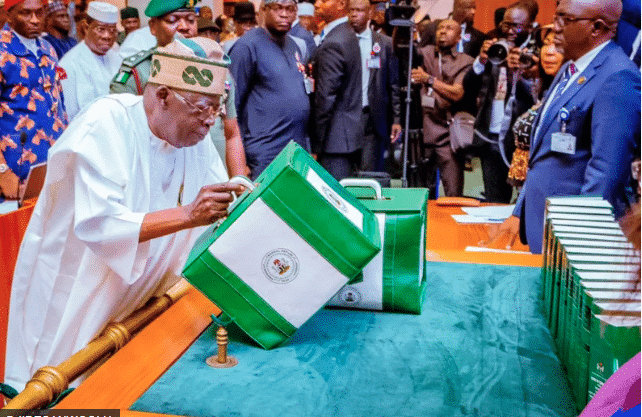

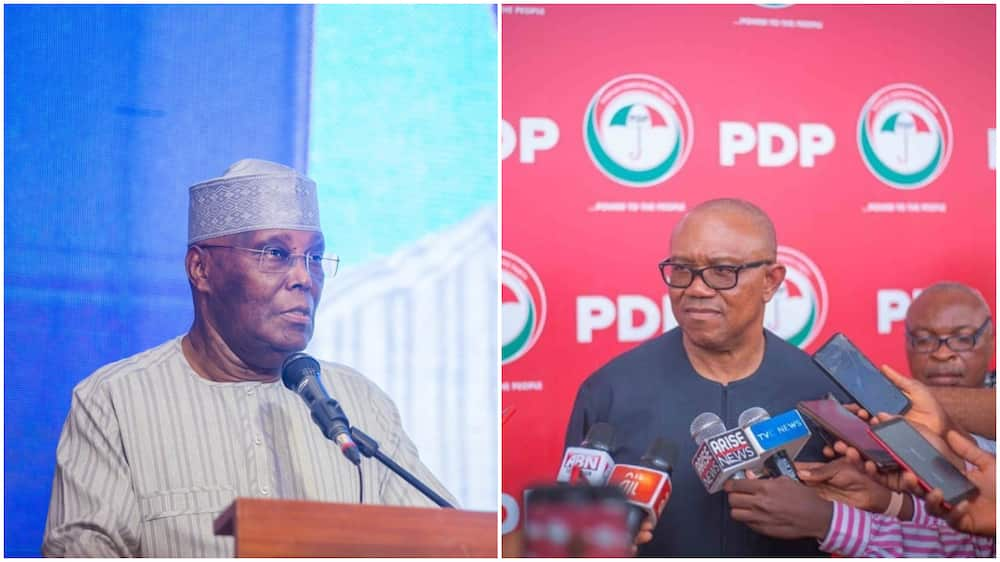
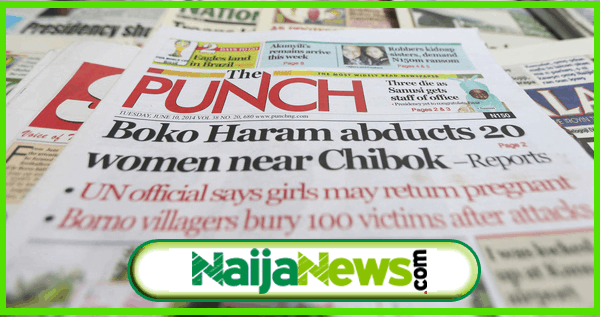
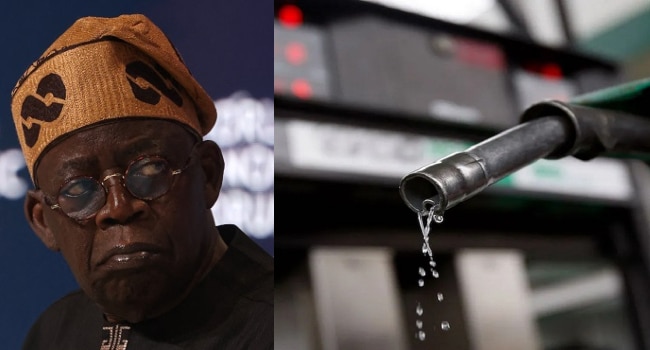


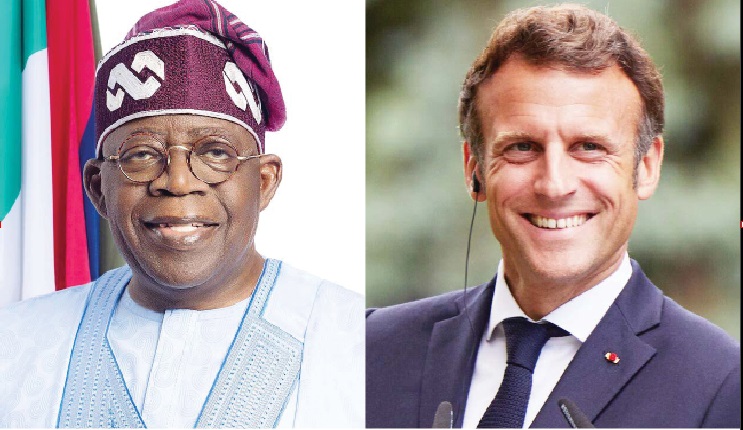






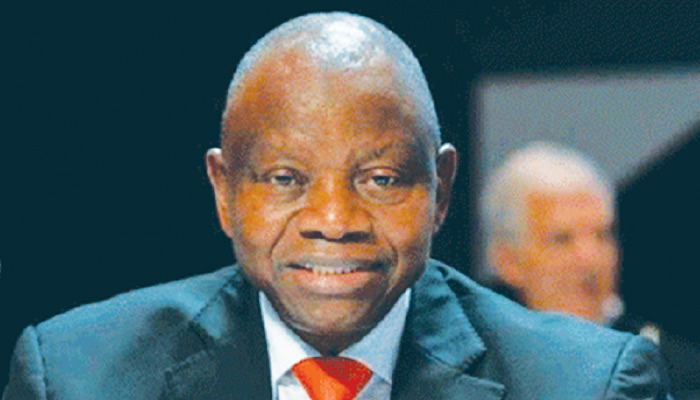
 English (US) ·
English (US) ·